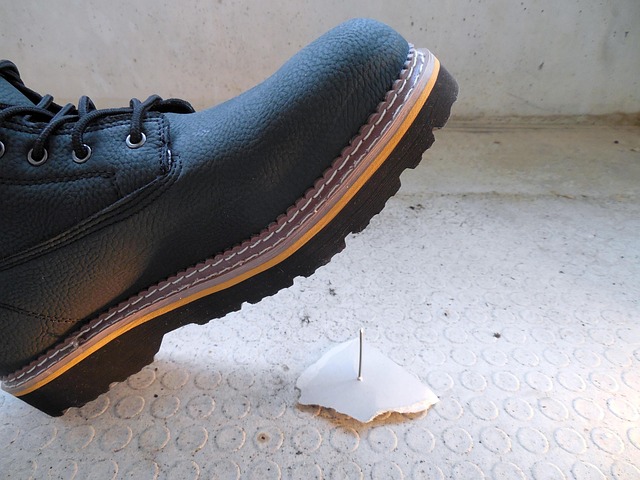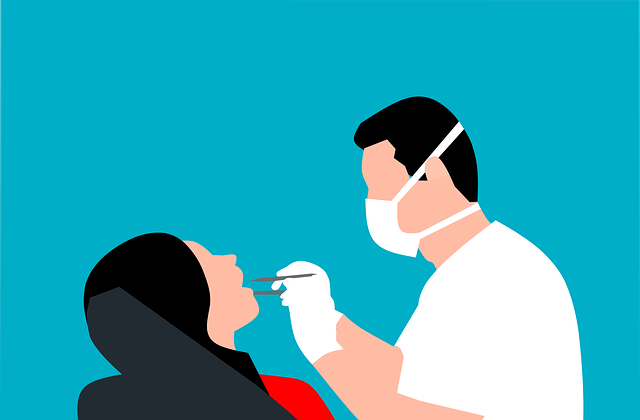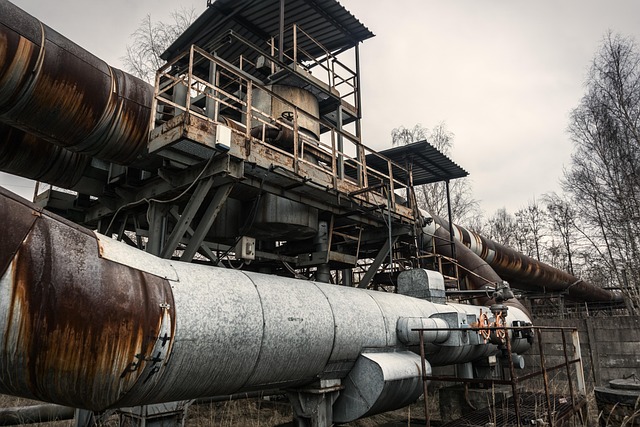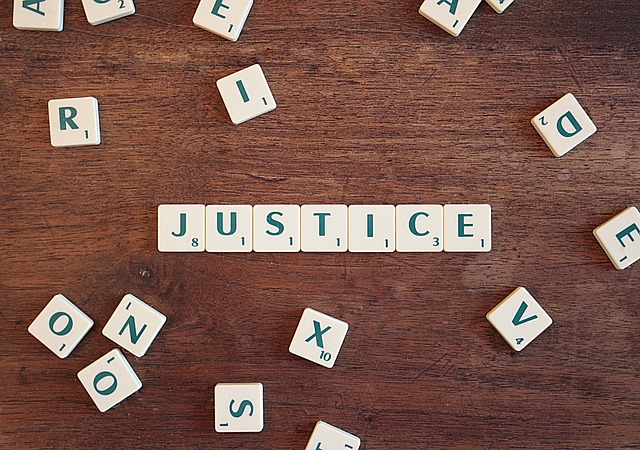Workers' Compensation (WC) offers immediate support and guaranteed benefits for employment-related injuries, focusing on medical care, rehab, and wage replacement. In contrast, personal injury (PI) claims seek damages for losses incurred due to another party's negligence, potentially resulting in substantial settlements. When severe harm or long-term disability occurs, workers may pursue a work injury settlement, navigating complex legal scenarios including contract disputes and medical negligence allegations. Understanding the distinct nature of WC and PI claims is crucial, as WC provides exclusive remedies for work-related injuries, while PI allows compensation from any at-fault party for outside-of-work negligence, with varying financial outcomes.
“When a worker suffers an injury on the job, understanding the distinction between Workers’ Compensation and Personal Injury Settlement is crucial. This article provides a comprehensive overview of these two legal frameworks and their key differences.
We’ll explore how Workers’ Comp offers a no-fault system for work-related injuries, ensuring immediate access to benefits like medical coverage and wage replacement. In contrast, Personal Injury Settlements involve civil lawsuits, where workers can seek additional damages from negligent employers.
Delve into these topics to gain insights into your rights and potential compensation after a work injury.”
- Understanding Workers' Compensation: A Legal Framework for Work-Related Injuries
- Personal Injury Settlements: When Workplace Accidents Lead to Civil Lawsuits
- Key Differences: Unraveling the Distinctions Between Worker's Comp and Personal Injury Claims
Understanding Workers' Compensation: A Legal Framework for Work-Related Injuries
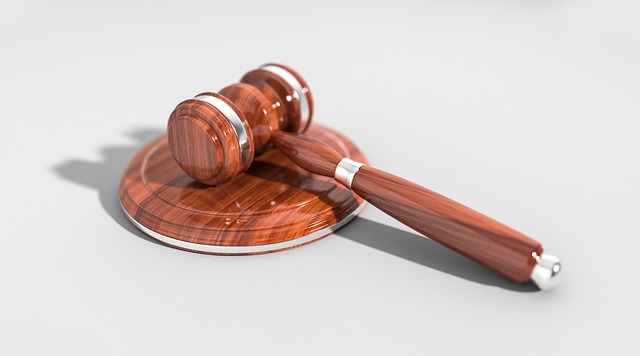
Workers’ Compensation is a legal framework designed to provide support and protection for workers who sustain injuries or contract illnesses related to their employment. This system operates independently of personal injury claims, focusing specifically on work-related incidents. When a worker suffers an on-the-job injury, they typically have the right to file a claim with their employer’s insurance provider. The process involves reporting the incident, submitting medical records, and providing details about the circumstances surrounding the harm.
The key difference lies in the purpose and scope; Workers’ Compensation ensures workers receive medical care, rehabilitation, and compensation for lost wages without the need for a car accident lawyer or complex legal proceedings. In contrast, personal injury claims, including those involving caregiver negligence, focus on seeking damages for pain and suffering, medical expenses, and other related losses incurred due to another party’s negligent actions. These settlements can be substantial, especially in cases of severe injuries or wrongful death.
Personal Injury Settlements: When Workplace Accidents Lead to Civil Lawsuits
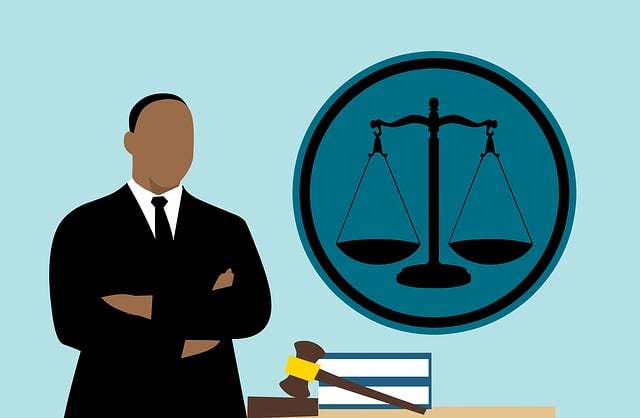
When a worker sustains an injury on the job, it often leads to complex legal scenarios, especially if the accident results in significant harm or long-term disability. In such cases, affected workers may choose to pursue a civil lawsuit against their employer or others responsible for the incident, seeking what’s known as a work injury settlement. This decision is driven by the potential for compensatory damages beyond what workers’ compensation insurance provides.
Personal injury settlements in workplace accident cases involve navigating through various legal complexities, including contract disputes related to employment agreements and, in some instances, allegations of medical negligence. The goal for the worker or their legal representative is to achieve a client recovery that reflects the full extent of the injuries sustained and any resulting financial burdens. This process requires a thorough understanding of both workers’ compensation laws and personal injury litigation procedures.
Key Differences: Unraveling the Distinctions Between Worker's Comp and Personal Injury Claims
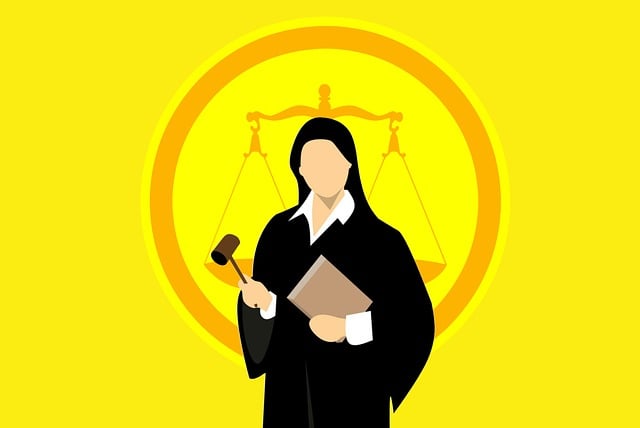
When navigating a work injury settlement, understanding the key differences between Workers’ Compensation (WC) and Personal Injury (PI) claims is crucial. WC and PI cases have distinct legal frameworks and purposes, which significantly shape their processes and outcomes.
A primary difference lies in who is entitled to benefits and how they are determined. WC claims are exclusive remedies for work-related injuries, meaning employees cannot sue their employers for additional damages unless there was a deliberate intent or extreme negligence. This exclusivity is a result of the fiduciary duty breaches that arise from employer-employee relationships. In contrast, PI claims allow individuals to seek compensation from at-fault parties, including employers, for harm caused by negligence outside the scope of employment. These cases often involve insurance coverage disputes, where policies and their limits are carefully scrutinized. Unlike WC, which provides a guaranteed stream of benefits, PI settlements can vary widely based on factors like liability, damages, and available insurance coverage, potentially resulting in substantial financial gains or minimal awards.
In navigating the complexities of work-related injuries, understanding the nuances between Workers’ Compensation and personal injury settlements is paramount. While both aim to provide redress for work injuries, they differ significantly in their legal frameworks, scope, and outcomes. Workers’ Comp focuses on ensuring employees receive medical care and wage replacement, streamlining benefits administration. Personal Injury Settlements, on the other hand, involve civil lawsuits where individuals or entities can seek compensatory and punitive damages for negligence resulting in injury. Recognizing these differences is essential for both claimants and employers to ensure they are adequately prepared and received fair resolutions in their respective legal contexts.



